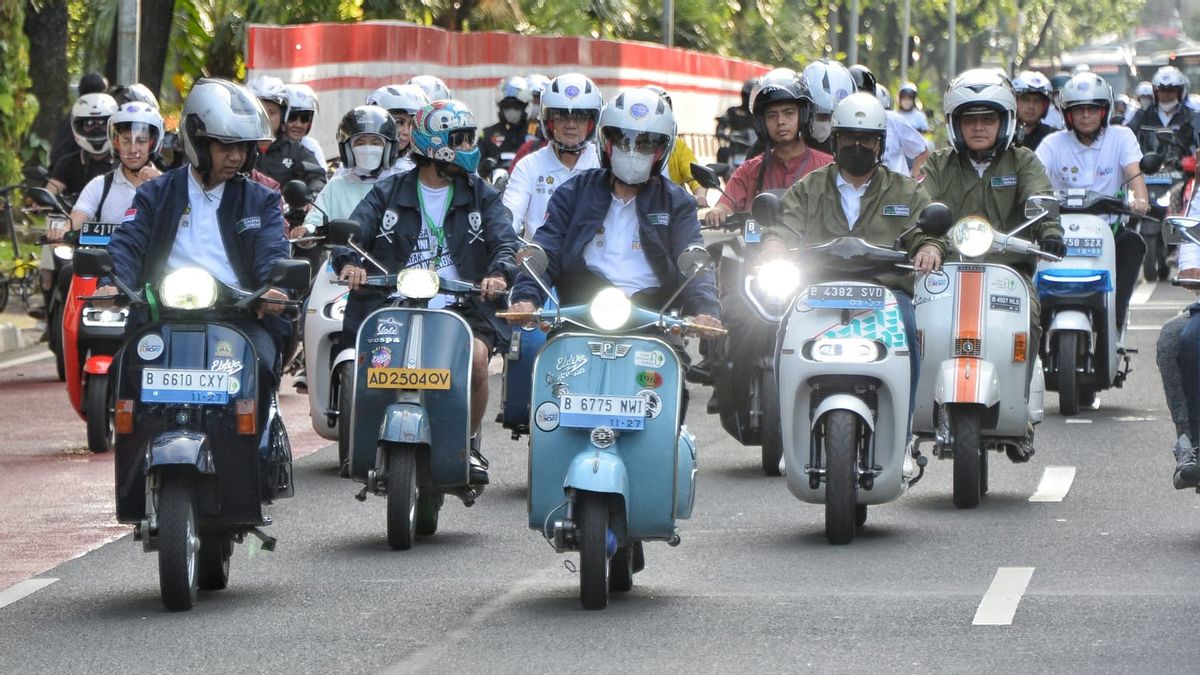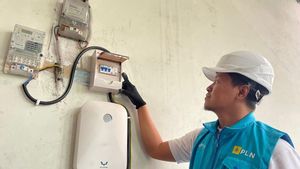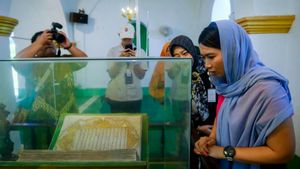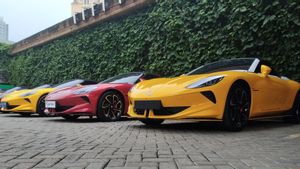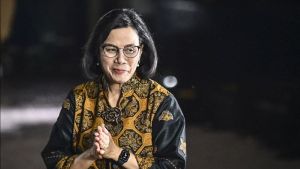JAKARTA - The Ministry of Transportation (Kemenhub) held an Electric Vehicle activity in Jakarta, on Sunday, November 20. This activity is part of an effort to socialize the mass use of electric vehicles in Indonesia.
"Currently, there are many electric vehicles that are cool, clean energy is environmentally friendly, and more efficient than fossil fuel vehicles (BBM)," said Transportation Minister Budi Karya Sumadi in a written statement, quoted Monday, November 21.
Budi said electric vehicles on a daily basis could be 75 percent more efficient in a day than fuel motorbikes. He said that if he usually spends Rp. 100,000 a day, the consumption of electric vehicles is only around Rp. 25 thousand per day.
Based on the calculation carried out by the Directorate General of Land Transportation, one liter of fuel is equivalent to 1.2 Kwh of electricity. This means that the use of electric vehicles is much more efficient when compared to one liter of fuel which currently costs Rp. 10,000-Rp. 21,000.
In electric cars, every 1 kilowatt hour (kWh) can run electric cars as far as 5-7 kilometers, while with a full capacity of electric cars an average of 45 kWh, electric vehicles can travel up to 300 kilometers.
In addition to being more energy efficient and cost-effective, other benefits obtained from the use of electric vehicles are more secure because the government will continue to encourage the increasing number of charging facilities.
Then, there are many incentives, which are currently being discussed between Ministries/Institutions, to provide incentives such as tax relief, odd-even free, home electricity discounts, free parking, and a number of other benefits.
Not only that, but other benefits, namely being more environmentally friendly so that it is more free from air pollution and does not depend on fossil fuels that are already scarce. Furthermore, Budi said, the government has prepared a strategy to continue to increase the use of electric vehicles in Indonesia.
The strategy prepared is to target the use of electric vehicles in Ministries/Institutions and local governments.
Second, the use of electric vehicles on mass transportation, such as buses, taxis, and motorcycles (online motorcycles). Then the third, namely increasing charging stations and battery exchange sites).
Regarding the instructions for using official vehicles for the central and regional governments, Budi said his tips in implementing the use of electric vehicles as operational vehicles were in the midst of existing budget constraints.
"The existence of the Presidential Instruction requires Ministries/Institutions to implement it. What we are doing is leasing electric vehicles, so there is no need to buy. God willing, this can be the key for other K/L," he said.
Furthermore, related to the provision of charging facilities such as, charging stations or battery exchange sites, Budi proposes to related Ministries / Agencies (K/L) to standardize the manufacture of batteries, so that it can make it easier for people to replace their vehicle batteries anywhere.
"The battery standard should not be alone. The brand can be different, but the shape, size, and system are the same," he explained.
He said the government had committed to seriously developing electric vehicles as future vehicles, through regulations and policies.
Among other things, through the issuance of a Presidential Decree on the acceleration of the implementation of electric vehicles which is the legal umbrella in realizing the electric vehicle ecosystem in Indonesia and the Presidential Instruction on the use of electric vehicles as official vehicles for the central and regional governments to accelerate the mass use of electric vehicles in Indonesia.
Following up on this, the Ministry of Transportation has issued a number of regulations and policies to accelerate the massive implementation of the use of electric vehicles in Indonesia.
A number of these regulations, namely electrical vehicle type tests, use of electric vehicles as government operational vehicles, and regulations on conversion of motorcycles and other vehicles from fuel to battery-based electricity.
In addition to regulations, the Ministry of Transportation has also collaborated with other stakeholders to hold exhibitions, touring electric vehicles, and other socialization activities.
The English, Chinese, Japanese, Arabic, and French versions are automatically generated by the AI. So there may still be inaccuracies in translating, please always see Indonesian as our main language. (system supported by DigitalSiber.id)
